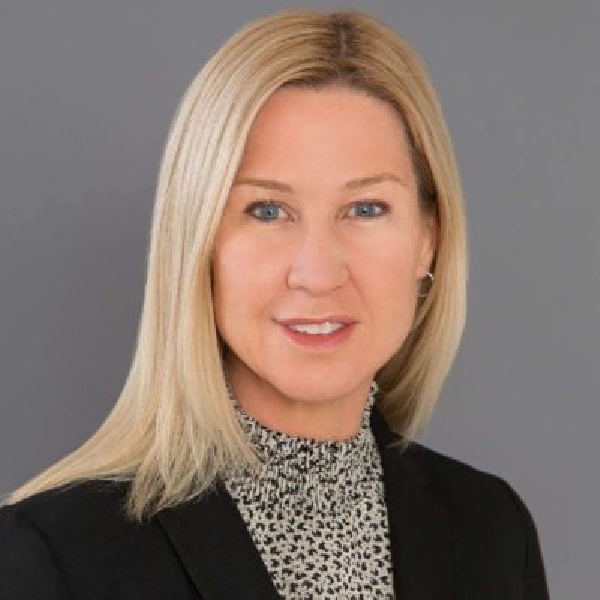No Peace in Tigray as Long as TPLF Exists: Tigrayan IDPs quoted by Professor Ann Fitz-Gerald - ENA English
No Peace in Tigray as Long as TPLF Exists: Tigrayan IDPs quoted by Professor Ann Fitz-Gerald

Addis Ababa May 1/2022 /ENA/ Tigrayan IDPs have argued that there could be no peace in Tigray as long as the TPLF exists and they exposed that no matter how much aid flowed into the regional state, the priority would always be given to the TPLF leaders, according to a research report by Professor Ann Fitz-Gerald.
Internally displaced persons (IDPs) crossing from Tigray into Amhara, in addition to the surrendered Tigrayan fighters currently situated in a large centre in the Afar regional state, offer an opportunity to hear true voices of various communities in Tigray, according to a research report.
These individuals [IDPs] who have lived under the TPLF leadership and been impacted most significantly by the conflict that was initiated in November 2020 by the party leadership as the commentary aims to expose their voices and let their stories be heard.
The introductory part of the research stated that while a great number of written commentary pieces on the conflict in northern Ethiopia have been produced over the last 18 months, little to none has exposed the grassroots views of Tigrayan communities actually living in Tigray. Instead, three main groups have sought to represent the views of ethnic Tigrayans, Professor Ann Filz pointed out.
One is the leadership of the Tigray People’s Liberation Front (TPLF) based in the region’s capital city Mekelle, with affiliate leaders and senior party officials in Washington and Geneva, relying on media appearances and formal statements issued by the political party.
Another is made up of TPLF supporters in the Ethiopia Diaspora, many of whom have been organized as part of a wider auxiliary and “digital army” and who – as a result of access to opportunities made possible to them during the 27 years of TPLF rule in Ethiopia – have also supported the TPLF party leaders.
The final group according to the research is those members of the Tigrayan opposition who are primarily based in Addis Ababa, and whose voices are often dismissed in the face of the TPLF’s wide international networks.
While the voices of the first two groups dominate international coverage, those whose views depart from their narrative [TPLF's supporters] are silenced, threatened, harassed and vilified; in effect, insurgency tactics are being replicated in the virtual battlefield of the internet, the research exposed.
Prof. Ann Filz citing (Steinman 2017) stated that what sets this insurgency movement apart from many others is the extraordinarily large budget that the TPLF amassed during its 27 years in power, and just prior to its departure from office in 2018, which left the Government of Ethiopia’s coffers empty.
Besides supporting its digital attack and rebel force, these funds also pay for Washington-based lobby groups and law firms that have issued threatening letters to individuals – and their employers – who dare depart from the TPLF narrative.
According to the research report about the humanitarian aid in particular, all civilian respondents felt that, no matter how much aid flowed into the Tigray regional state, priority would always be given to the TPLF leaders, some select TPLF-linked businessmen (who were given some of the staples, like oil, to sell in their shops), and the fighters.
When asked whether the humanitarian organizations working in Tigray would challenge this form of aid distribution, all respondents explained that these organizations had no voice in aid distribution; instead, aid was all handed over to the TPLF leaders.
Regarding the general future of Tigray and Ethiopia, all the respondents in the Jarra and Awash camps confirmed that “there must be peace” and that their own desire was to have “one Ethiopia” and to live peacefully with their “brothers and sisters” of other ethnicities and regional states.
However, all the respondents interviewed at the Jarra camp argued that "there could be no peace in Tigray as long as the TPLF existed."
Both in the individual and group sessions, references were made to the TPLF’s ideology of “Divide and rule,” Repression, “Vanguard politics,” and wealth accumulation to the detriment of the people, it was indicated.
The Field research by the Professor was conducted between March 29 and April 8, 2022, with individuals and groups in the northern regional states of both Afar and Amhara, where in both the IDP camp in Jarra, in the Amhara Regional Sate (620 Tigrayan civilian IDPs are accommodated), and in the Awash Basin of the Afar Regional State (near Chifra), approximately 15,000 captured/surrendered Tigrayan fighters are currently accommodated.
Ann Fitz-Gerald is the Director of the Balsillie School of International Affairs and a Professor in Wilfrid Laurier University’s Political Science Department. She has worked at both King’s College, London University’s Centre for Defence Studies in the International Policy Institute, and at Cranfield University, where she was the Director, Defence and Security Leadership.